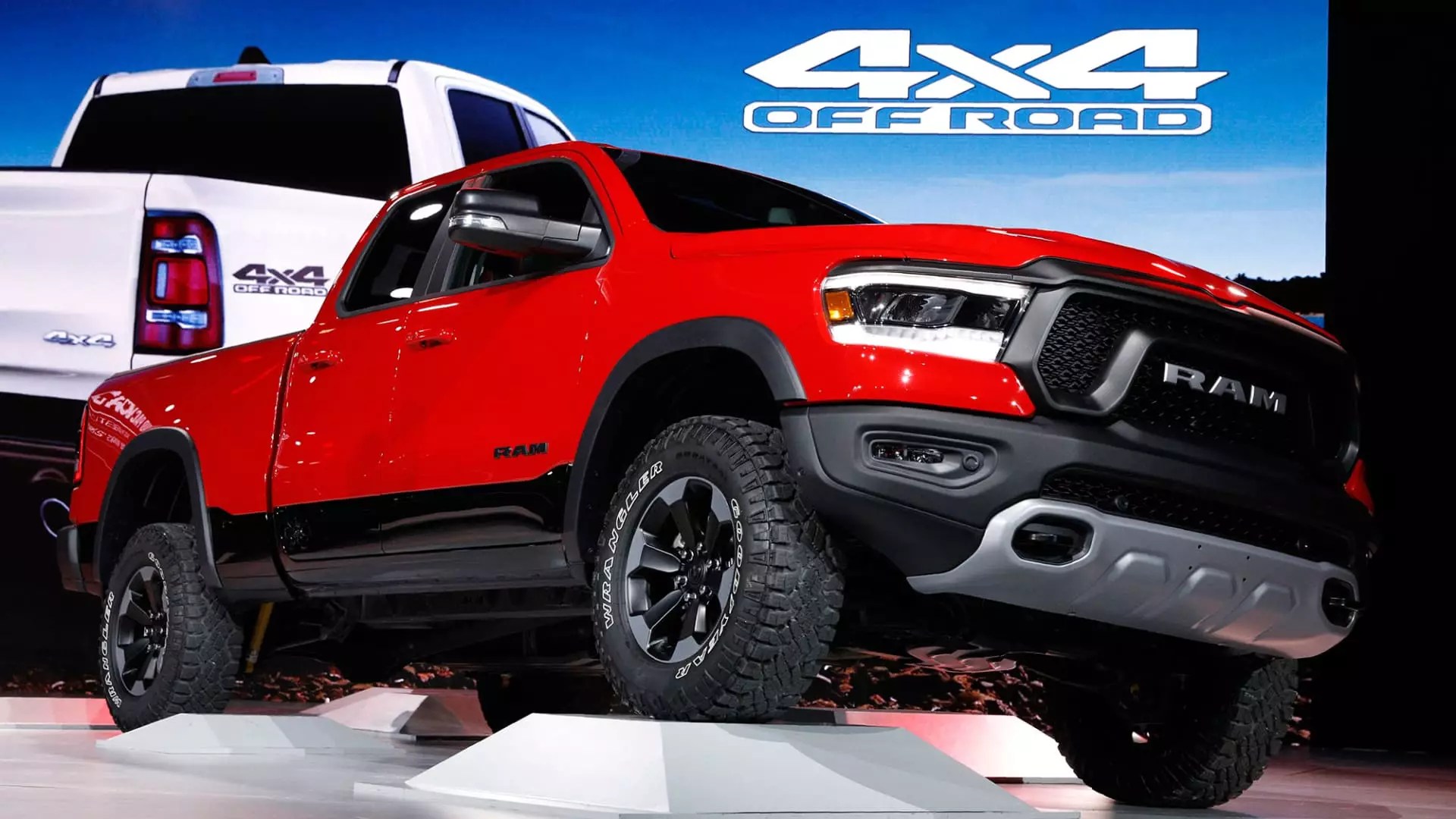Automaker Stellantis has recently announced plans to indefinitely lay off up to 2,450 U.S. factory workers as it discontinues production of an older version of its Ram 1500 pickup truck in Michigan. This decision comes as the company transitions to focusing on newer models and streamlining its operations.
The discontinuation of the Ram 1500 “Classic” vehicle has raised concerns among local governments, workers, and the United Auto Workers union, which represents the plant. The lack of a replacement vehicle raises questions about the long-term sustainability of manufacturing jobs in the area and the impact on the local economy.
The layoffs, expected to start as soon as October, will affect a significant portion of the workforce at the Warren Truck Assembly Plant, which currently employs about 3,700 hourly workers. While some employees may be given other job opportunities within the company, others may face challenges in finding new employment in the manufacturing sector.
Stellantis’ Cost-Cutting Measures
Stellantis CEO Carlos Tavares has been on a cost-cutting mission since the company was formed through a merger between Fiat Chrysler and France’s PSA Groupe in January 2021. The layoffs at the Warren plant are part of a broader strategy to reduce headcount and streamline operations, in line with the company’s “Dare Forward 2030” plan to increase profits and double revenue by 2030.
Future Outlook
While the layoffs at the Warren plant are a significant setback for the affected workers and the local community, they reflect the broader challenges facing the automotive industry as it navigates technological advancements, changing consumer preferences, and global economic shifts. It remains to be seen how Stellantis will address the concerns of its workforce and continue to remain competitive in the evolving marketplace.
The layoffs at Stellantis’ Warren Truck Assembly Plant serve as a stark reminder of the uncertainties facing the manufacturing sector and the need for companies to adapt to changing market dynamics. As the automotive industry continues to undergo transformation, it is essential for stakeholders to work together to support affected workers and ensure the long-term sustainability of manufacturing jobs in the United States.


Leave a Reply